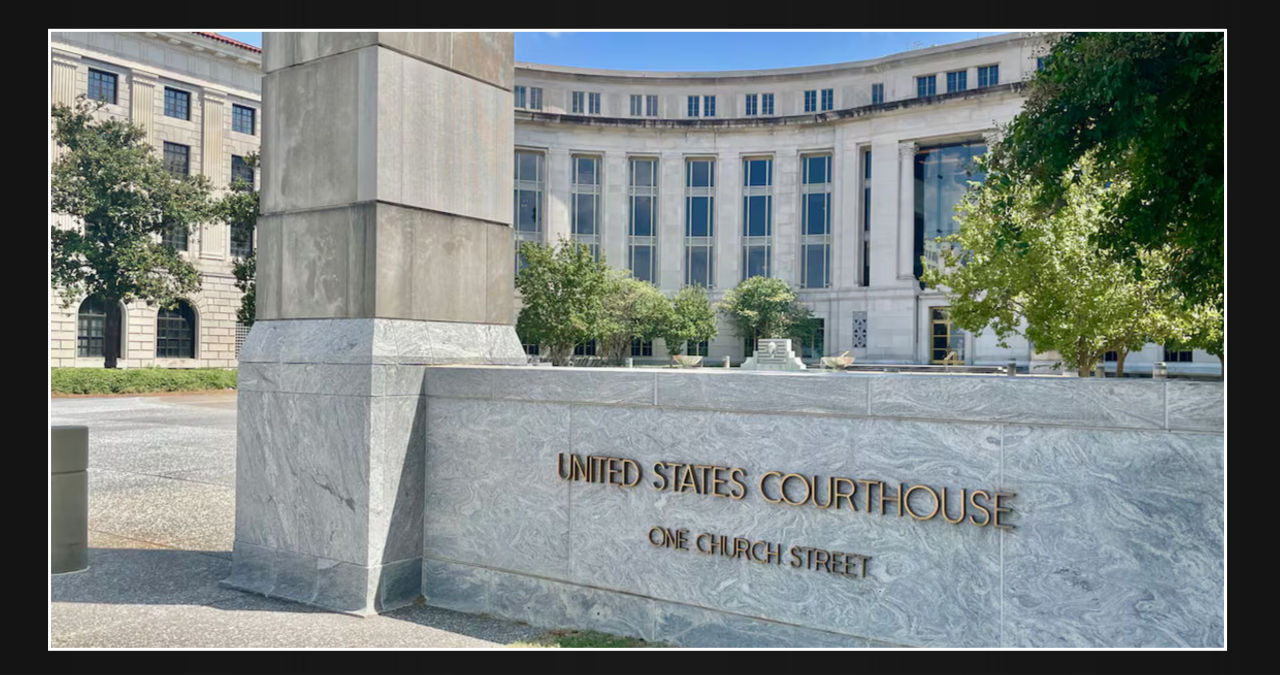According to a voting rights organization, a new Alabama law that broadened the list of felonies that result in a person losing their right to vote is “out of step” with what is happening in the rest of the country about voting rights for formerly incarcerated people.
The Campaign Legal Center filed the case Wednesday in Montgomery Circuit Court, seeking clarification that the new law cannot prevent individuals from voting in the November election. The complaint asserted that the Alabama Constitution prohibits the use of House Bill 100, which takes effect on October 1, in the upcoming election. Unclarified voting eligibility will confuse voters and registrars in November, they said.
According to the new statute, a conviction for attempting, soliciting, or conspiring to commit one of the more than 40 current moral turpitude crimes is now considered a disqualifying crime. Two individuals, convicted of crimes years ago and potentially losing their voting rights under the extended list, initiated the case.
Alabama Secretary of State Wes Allen’s office declined to comment on the effective date, citing ongoing litigation. The chairman of the Legislative Services Agency, which advises members and assists with the drafting of legislation, told The Associated Press that it “would not impact who could vote in November” due to the constitutional requirement, but it would affect future elections.
Blair Bowie, director of the Campaign Legal Center Restore Your Vote Program, stated in response to the complaint that Alabama is “seriously out of step with the national momentum on voting rights.”
“This new law takes Alabama even further backwards by stripping away the right to vote from Alabamians who have been legally voting for years and causing chaos and confusion for voters and election administrators alike,” Bowie told reporters. “Every American should be able to exercise their freedom to vote, regardless of whether they have a past felony conviction.”
Allen’s office declined to comment on the lawsuit or the new law’s impact.
States have taken different approaches to voting rights for formerly imprisoned people. The Campaign Legal Center reports that most states grant voting rights to individuals with felony convictions upon their release from jail and return to their communities.
The 1901 Alabama Constitution from the Jim Crow era established the voting restriction on those with felony convictions, aiming to deny voting rights to black people and impoverished whites. The Constitution stated that those convicted of felonies involving “moral turpitude” would lose their ability to vote, but it did not define those crimes. After years of discussion and litigation, Alabama lawmakers passed a list of over 40 charges, including murder, robbery, assault, felony theft, and drug trafficking, that would exclude someone from voting.
This spring, Alabama senators passed an amendment to legislation intended to increase punishments for crimes against election workers and poll workers, which expanded the list of disqualifying acts. Democratic Rep. Adline C. Clarke of Mobile introduced HB100 primarily to protect poll workers.
A Republican congressman proposed an amendment before the bill passed, adding six new crimes to the list, such as domestic violence, elder abuse, stalking, and inducing street gang membership. It further specified that a conviction for attempting, conspiring, or soliciting to commit one of the existing crimes of moral turpitude would constitute a crime of moral turpitude. According to the Campaign Center, this essentially adds more than 100 new crimes to the list of felonies that result in the loss of a person’s voting rights.
In a May statement to Al.com, Allen praised the provision.
“HB100 will be a strong deterrent to those who think about committing crimes in Alabama,” Allen told the news site. “I’m not disqualifying anyone from voting on HB100. Criminals disqualify themselves by breaking the law and wreaking havoc on our communities.
If they have completed their terms, parole, and probation, and paid all court fees and restitution as directed, many people convicted of disqualifying felonies in Alabama can request the restoration of their voting rights. Certain convictions, such as murder, prevent a person from regaining their voting rights.







